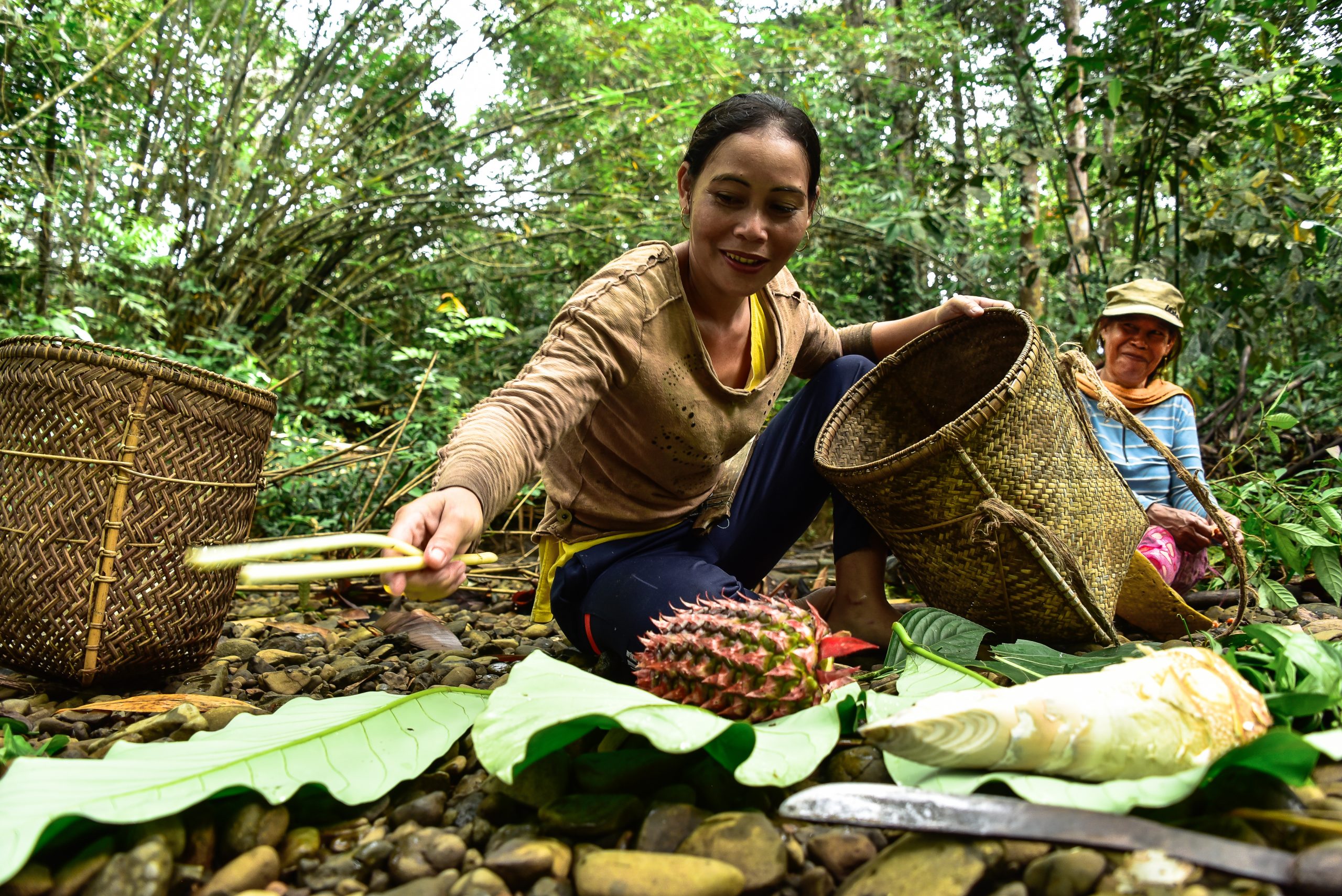Duration of engagment
Short-Medium (6 months – 2 years) depending on the depth of engagement and the number of steps/interactions needed to secure government support
Cost
$-$$ depending on the depth of the company’s involvement in preparing for and engaging in dialogue with consumer country governments
In the real world
A platform to accelerate and amplify collective action
The Tropical Forest Alliance (TFA) – a multi-stakeholder partnership platform hosted by the World Economic Forum – is dedicated to eliminating deforestation from the production of major commodities such as soy, palm oil, beef, and paper/pulp. TFA’s Forest Positive Collective Action Agenda calls for the governments of countries that drive significant demand for soft commodities to implement measures that lead to decreased deforestation and conversion. To inform the development of evolving EU policies on deforestation, TFA convened industry and civil society representatives between January and July 2020 to examine the priorities of the European Commission’s Communication on Stepping up EU Action to Protect and Restore the World’s Forests. The companies provided their perspectives and experiences, and urged the EU to “play a key role, through development assistance, in providing support and coordination for existing regional, national and sub-national partnership initiatives.” Moving forward, companies can continue to advocate for progressive policies at the EU level, through existing trade and industry groups, and through processes convened by TFA and others.
Key points for companies

Companies engaged in an L/JI should identify the main countries that consume the commodities produced in the jurisdiction, then determine:
a) what support governments of those countries can provide the L/JI; b) how best to approach those governments for this support; and c) which role (relative to other stakeholders) companies can play in engaging consumer governments.
- The “asks” for consumer country governments may include direct financial support for the L/JI through bilateral aid agencies; recognition and incentives for brands and retailers in the consumer country to source from the landscape/jurisdiction; and/or trade preferences for commodities sourced through the L/JI. Research which “asks” are most viable to demonstrate the value of the L/JI to advancing related government goals.
- Some consumer country governments (as well as the EU) already have well-established commitments to sustainable/deforestation-free commodities. These often have an office which provides a logical point of contact for the L/JI to engage. For governments without a clearly identified mandate or office, try to engage the bilateral aid agency, trade and/or environment ministries, food regulators, or other offices. Highlight how their mission aligns with the L/JI’s focus on reducing deforestation, carbon emissions and biodiversity loss, and promoting sustainable commodity production and community development.
- How a company engages a consumer country government will depend on their existing relationship. Companies with headquarters, production facilities, and/or employment in the country may engage directly with its relevant government agencies, seeking to open doors for the L/JI. To avoid the perception that they are lobbying for commercial advantage, companies might partner with NGOs when engaging with governments.
- A company can enlist its supply chain partners (traders, brands, retailers) that are based in the consumer country to strengthen the case for supporting the L/JI.
Research which “asks” are most viable to demonstrate the value of the L/JI to advancing related government goals.

Companies involved in national or international platforms that support L/JIs (such as TFA) can indirectly work to support education and policy development with consumer governments. Participating in credible platforms and initiatives provides an effective way to engage with governments. With full-time staff, the ability to use examples from several different L/JIs, and diverse stakeholders, such platforms can bring more influence with consumer governments than any one company or L/JI acting alone.
By working with a national or global platform to engage consumer country governments, companies can leverage additional resources at relatively low cost to themselves.
External conditions that improve likelihood of success
- Staff capacity (including from corporate government relations/public affairs offices or from leadership of the L/JI) to support company engagement with consumer country governments

The business case for this intervention
- Companies that effectively engage consumer governments can advance the goals of the L/JI, secure additional resources (thus lowering internal costs), and expand additional government support for other L/JIs with which the company may work.
- Companies improve their reputations and credibility not only with consumer country governments, but also with producer country governments and NGOs involved in L/JIs.
- By working with a national or global platform to engage consumer country governments, companies can leverage additional resources at relatively low cost to themselves.
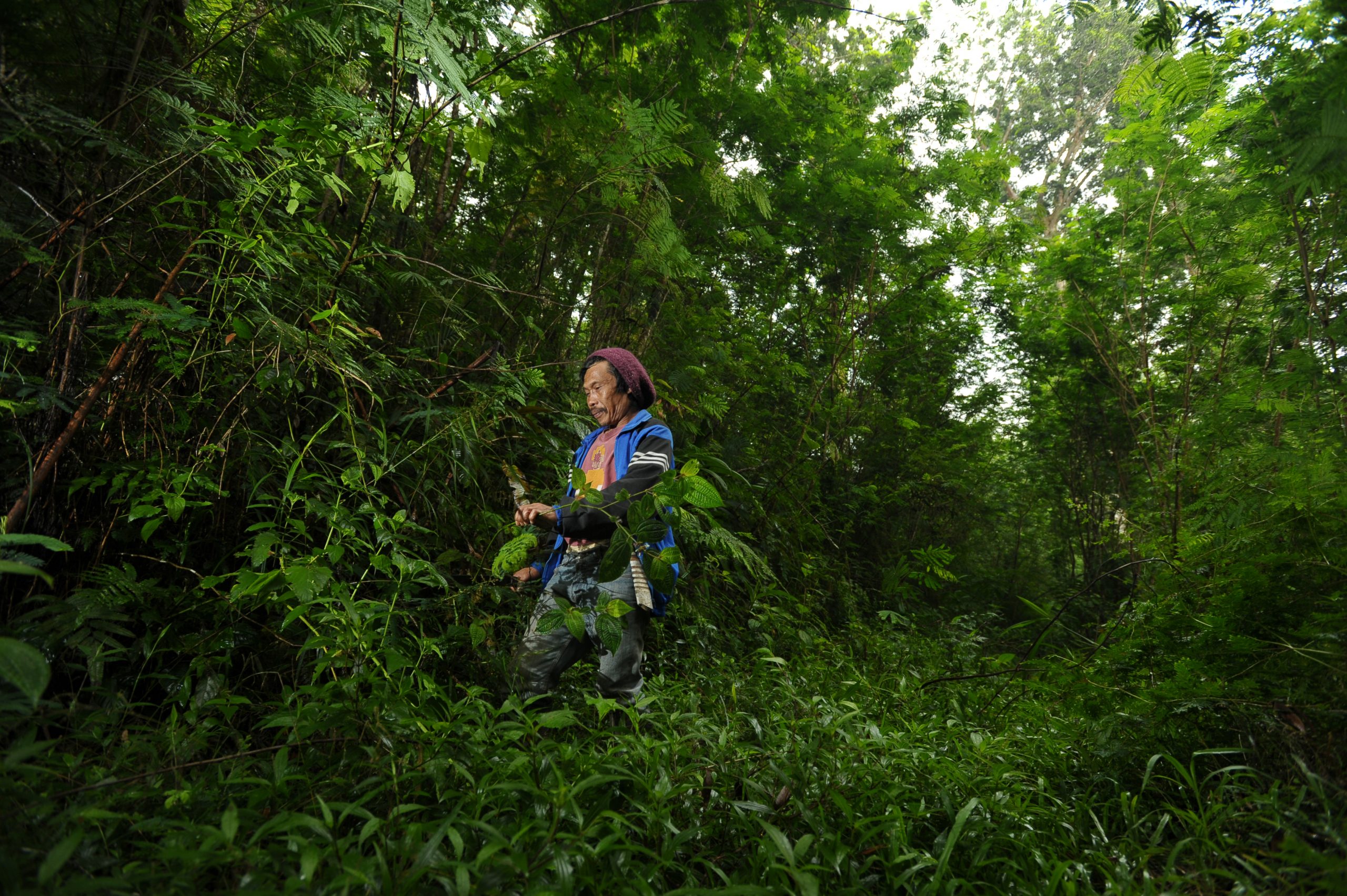
Duration of engagment
Short (1-3 months (including preparation) for an online presence or a public event)
Cost
$-$$ depending on the level of audio/visual production and/or paid media required
In the real world
Showcasing progress at a green district festival
In Indonesia, the Sustainable Districts Association (LTKL) holds a festival where member districts can showcase progress towards their sustainability visions. In 2019, Siak District hosted this event to build support for its Green Siak Declaration and the multi-stakeholder collaboration that brought it to life. Several palm oil and pulp and paper companies helped develop and implement the Festival, sharing their own actions that are contributing to the Green Siak goals. For example, APRIL presented its Fire-Free Villages program and its restoration initiative, and how both efforts advance Green Siak’s objectives. Golden Agri-Resources (GAR) shared its efforts to advance Green Siak by working with public and union officials to expand smallholder certification. A video at the festival showed company representatives discussing their engagement in the district’s L/JI.
Key points for companies

Foremost, companies should rapidly address negative impacts associated with their own operations and sourcing, and credibly report their progress. Although L/JIs need to generate excitement, momentum, and support, companies risk the “greenwashing” label if they champion an L/JI while still driving deforestation.
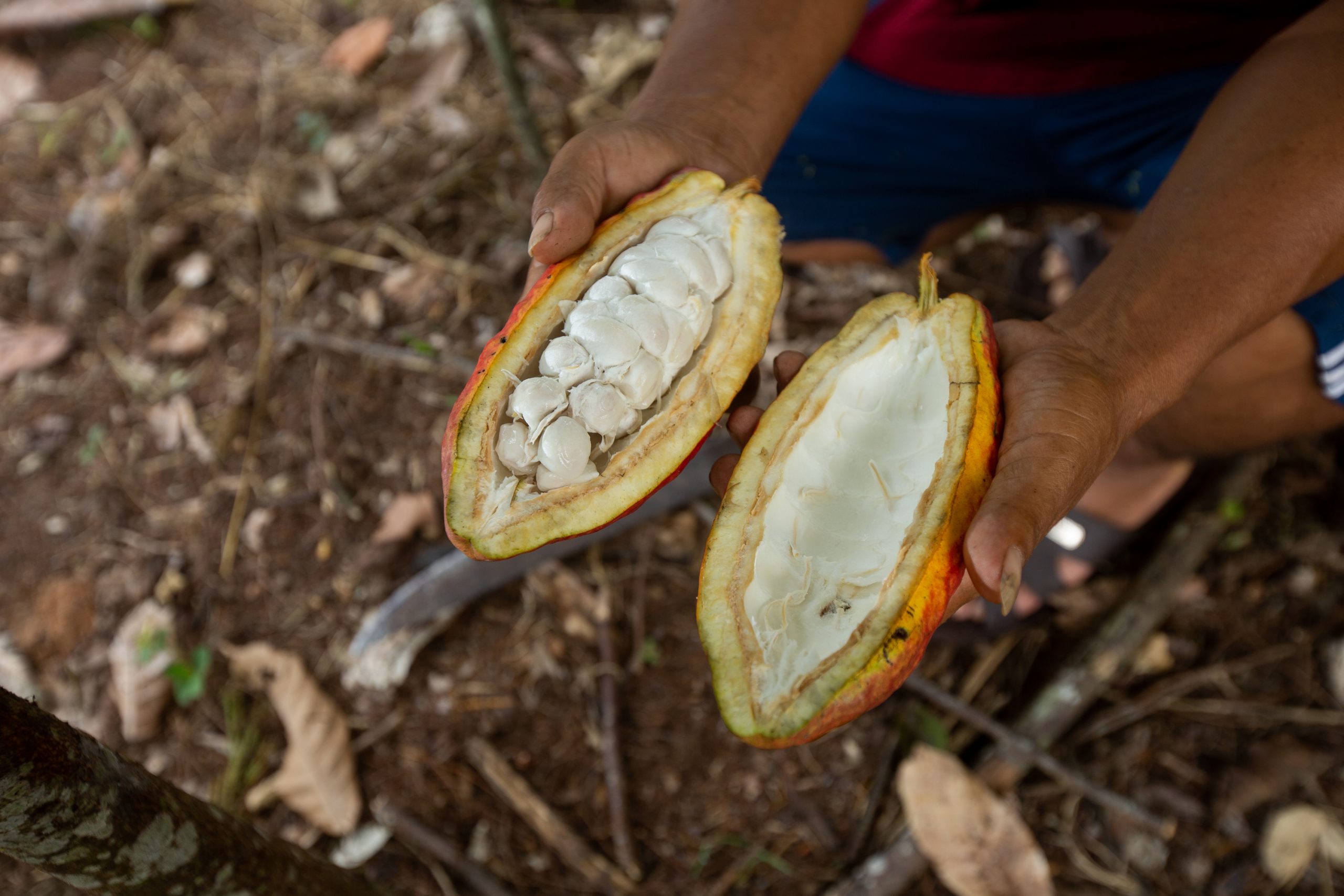
Companies should share how they are advancing an L/JI’s objectives as well as what progress the initiative is making overall, communicating to both internal and external stakeholders.
- Within the landscape/jurisdiction, companies can help to explain the purpose of, local benefits from, and rationale for the L/JI. They can also share with potential participants the reasons why they are engaging, how committed the government is, what current participants are doing, and how other stakeholders can get involved.
- Outside the landscape/jurisdiction, companies can indicate where the L/JI is succeeding, and where it still needs support from donors or other businesses.
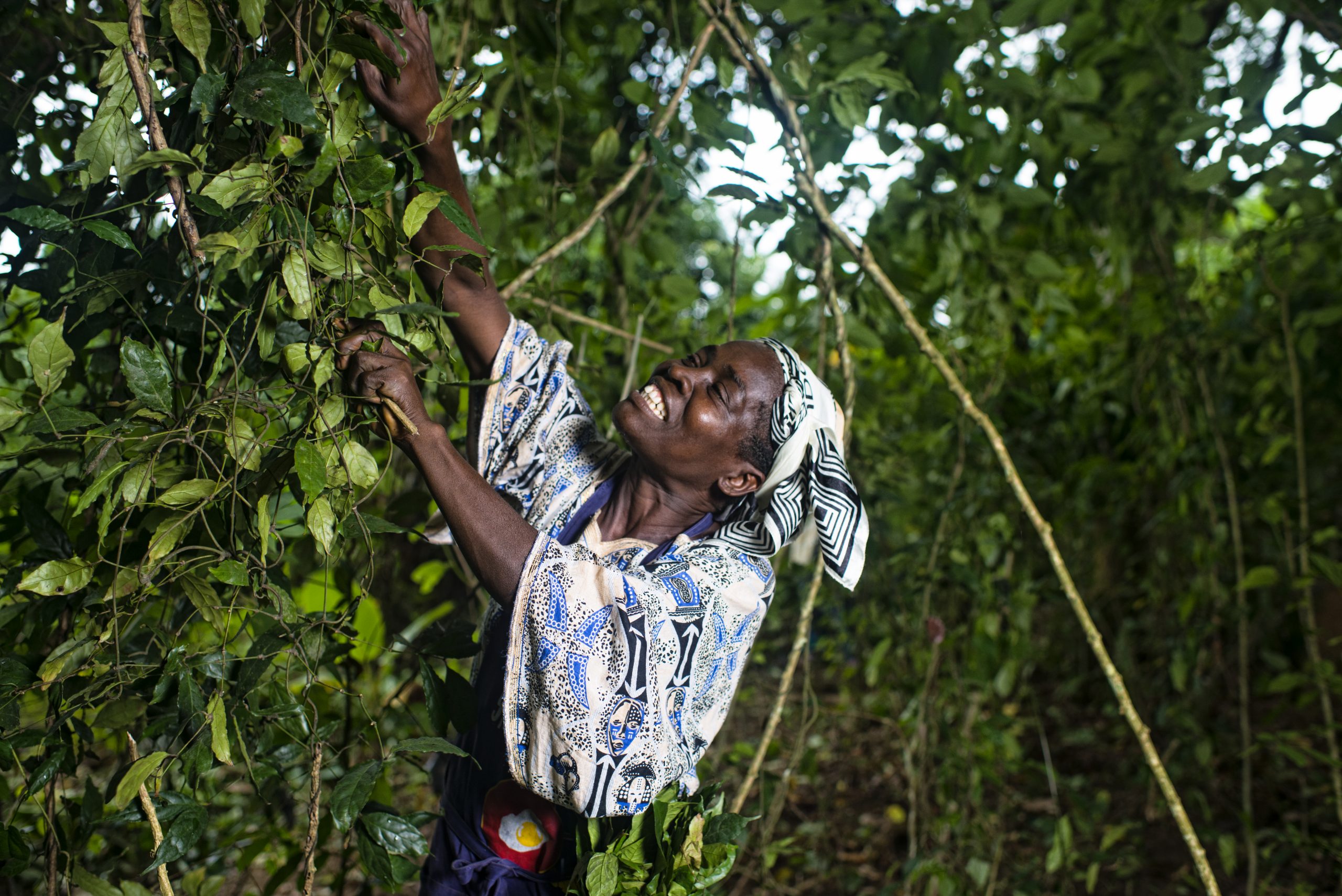
All storytelling efforts should be based on a clear, shared understanding of the target audiences, their languages, trusted media, understanding of forest and commodity sustainability issues, and what narratives and messages will most likely motivate them to support the L/JI and engage with it over time.
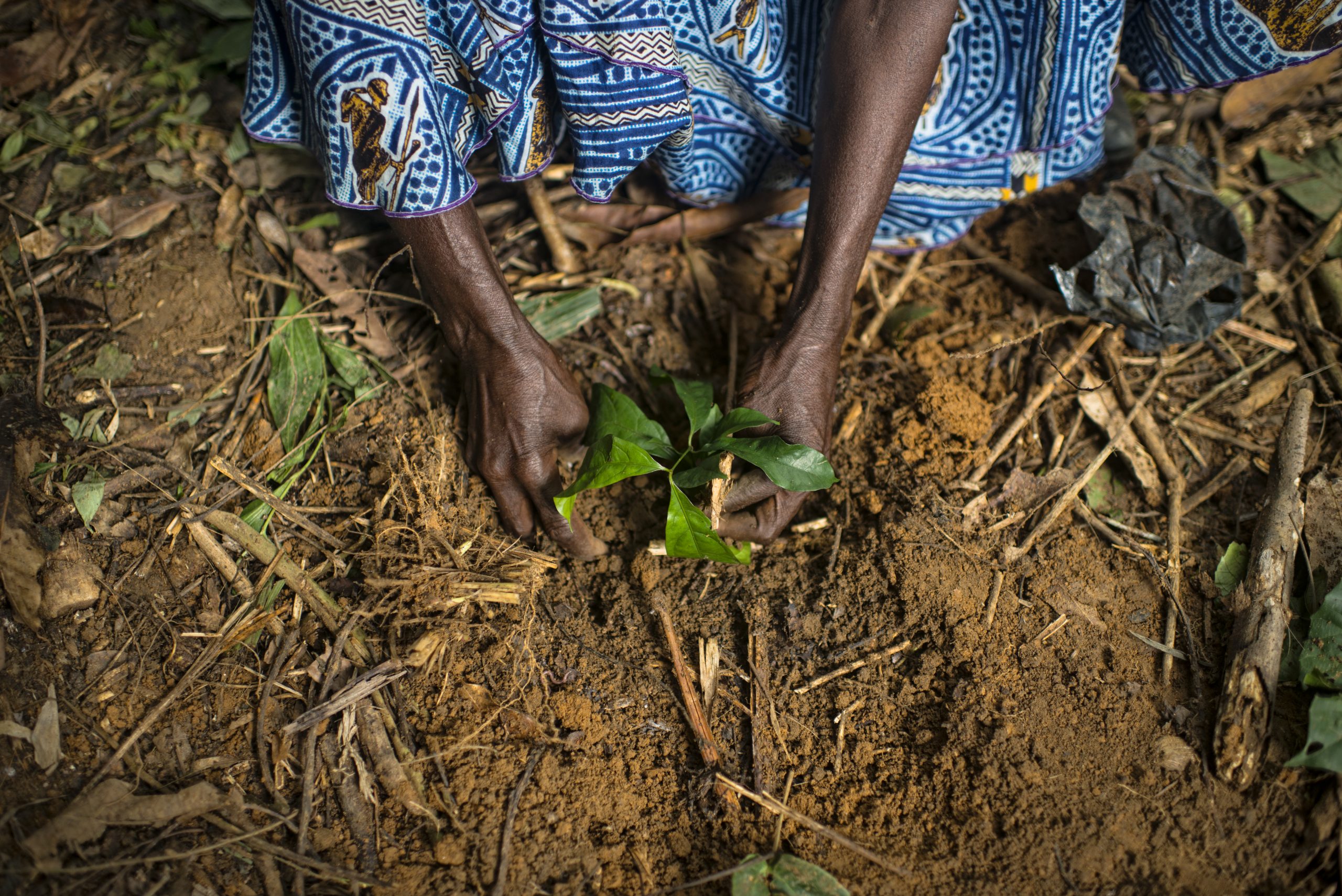
If a company communicates specific actions taken to support an L/JI, these should be put in context by providing a sense of the relative scale and intensity of the contribution. ISEAL Alliance has developed recommendations for ensuring that such communications and claims are made clearly, precisely, and credibly:
- Describe the nature of the actions clearly, specifically, and truthfully.
- Quantify and contextualize the extent of the actions in relation to the entity’s full operations, to allow proper interpretation of their scale and scope. For example, if a company claims that it supports 10,000 oil palm smallholders to become certified, it should also state the total number of oil palm smallholders in its full supply chain.
- Define and document the timeframe for implementing the actions, along with implementation progress.
- If an action is a partial contribution to a broader effort under an L/JI, specify the extent and nature of the specific contribution.
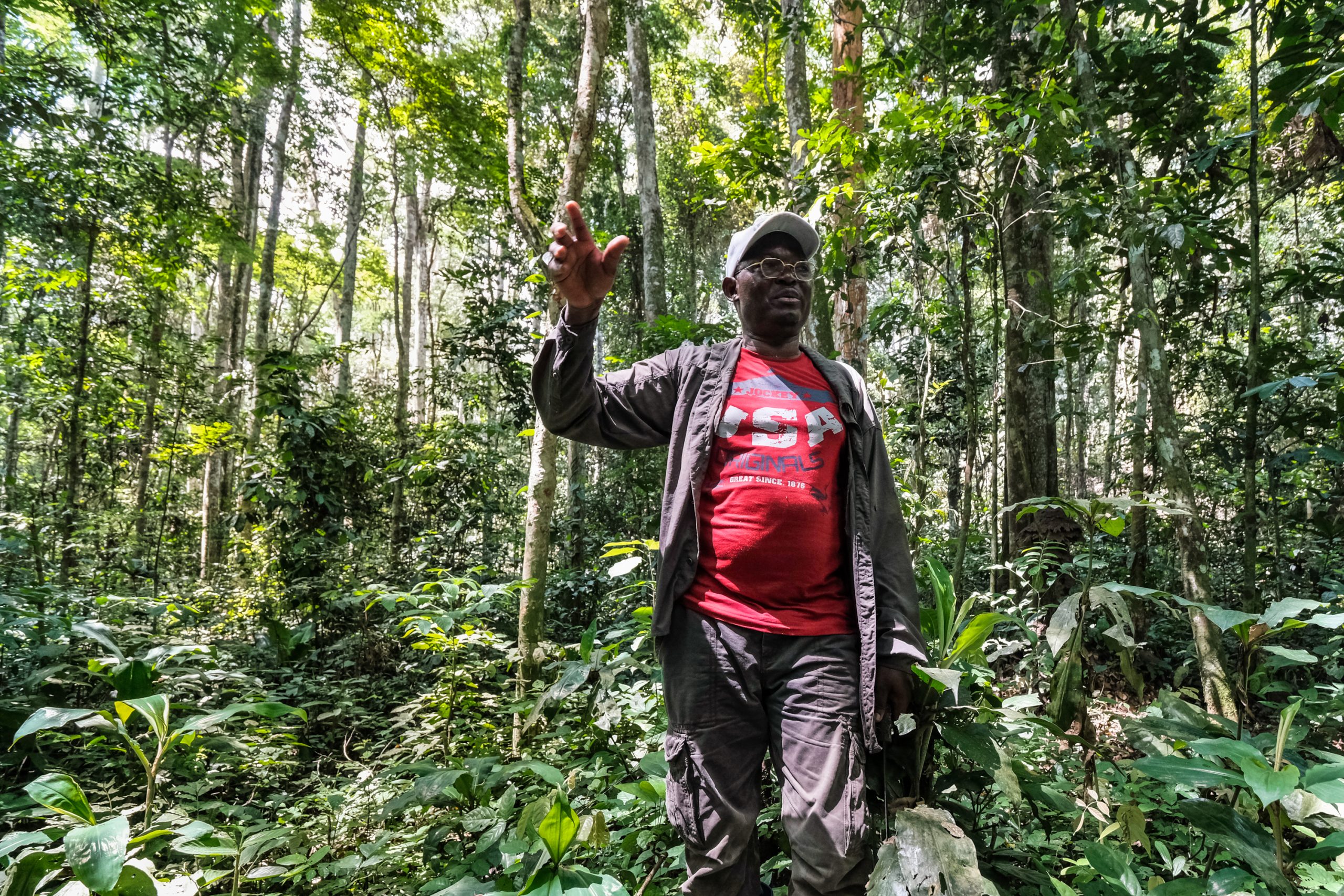
Messengers are as important as messages. Companies and their L/JI partners should identify who among their staff are most appropriate to contribute stories and examples. If several companies participate in the L/JI, find ways for each to gain public visibility. Company representatives can best present the L/JI jointly with suppliers, community members, NGOs, and government officials so it is clear that the companies are full partners in the L/JI.
Developing public messages, stories, and events will encourage L/JI stakeholders to discuss the overall purpose of the initiative

Developing public messages, stories, and events will encourage L/JI stakeholders to discuss the overall purpose of the initiative and what is/is not working. Companies can use discussions about public communications as a way to raise concerns with their partners and positively influence what other partners say and do.
External conditions that improve likelihood of success
- The L/JI is developed enough as concept or in implementation to be ready for public launch/outreach
- The L/JI understands its target audiences and media channels for communicating its vision and work
- To reach these target audiences, it has access to the most relevant broadcast media (radio, TV) and social media (platforms, blogs, podcasts)
- L/JI partners are willing to contribute spokespeople and recruit well-known government, business, NGO, entertainment figures to endorse the initiative

The business case for this intervention
- By aligning jurisdictional goals and KPIs with its own sustainability messages, a company can leverage multi-stakeholder efforts to help amplify the story it needs to convey.
- Shared narratives can serve double-duty as a company’s ‘unbranded’ communication and augment the credibility of the message itself for targeted audiences.
- Communicating the initiative to the residents and organizations operating in the landscape/jurisdiction can help to grow local support for it.
- Honest storytelling gains recognition for the company’s contributions and strengthens its credibility and relationships in the jurisdiction.

Duration of engagment
Short-Medium (6 months – 2 years for a discrete policy)
Cost
$-$$, depending on the extent to which companies provide direct funding support for government activities as opposed to engaging in dialogue and advocacy
In the real world
Indonesia integrates local approaches and national plans
The National Planning Agency of Indonesia (Bappenas) expressed interest to integrate the jurisdictional approach concept as a way to accelerate achieving sustainable food and agriculture into national development planning. With support from the German Agency for International Cooperation (GIZ), Bappenas engaged the Sustainable Districts Association (LTKL) to devise a means to align the jurisdictional initiatives it supports with the National Medium-Term Development Plan (RPJMN) technical framework. LTKL and its partners had companies join workshops to develop the concept to integrate the jurisdictional approach into this key policy document.
Preparing a ‘master class’ in sustainable investment
LTKL is also working with companies that source from its member districts across Indonesia to implement Master Classes in Sustainable Investment. These courses equip economic development officers with the skills and tools to develop viable portfolios that will attract potential investors. An impact investment firm, Kinara Indonesia, helps districts prepare and present enticing pitch decks, while commodity sourcing companies review portfolios and consider co-investment in new business ventures linked to their supply chains. The goal is to bring new investors and businesses into the districts to fund activities that directly support jurisdiction-level sustainable production and forest protection goals. Companies that have agreed to co-invest include Kyuden Mirai Energy, Potato Head Group (a leading national hospitality company), and the Sustainable Coffee Association of Indonesia.
Collaborating on commitments to deforestation-free cocao
In West Africa, more than 25 cocoa and chocolate companies collaborating through the World Cocoa Foundation pushed for national commitments that would address cocoa-driven deforestation. Corporate advocacy led to creation of the Cocoa and Forests Initiative in 2017, when these companies signed Joint Frameworks for Action with the governments of Côte d’Ivoire and Ghana pledging to end deforestation and restore degraded forests. After two years, deforestation continues to be a challenge, but companies have taken important steps to implement the national pledges. They have increased traceability in their own supply chains, implemented protocols to eliminate deforestation from their cocoa sourcing, and supported efforts to expand forest cover through cocoa agroforestry.
Shaping national forest policy in Côte d’Ivoire
In 2019, Côte d’Ivoire’s new Forest Code provided a framework for companies to promote cocoa agroforestry and restore forests in legally classified forest areas based on the level of nature degradation. The Ministry of Water and Forests is developing a decree with guidance to operationalize the Forest Code. Cacao sector companies have engaged with the Ministry, providing inputs and insights to support the development process.
Key points for companies
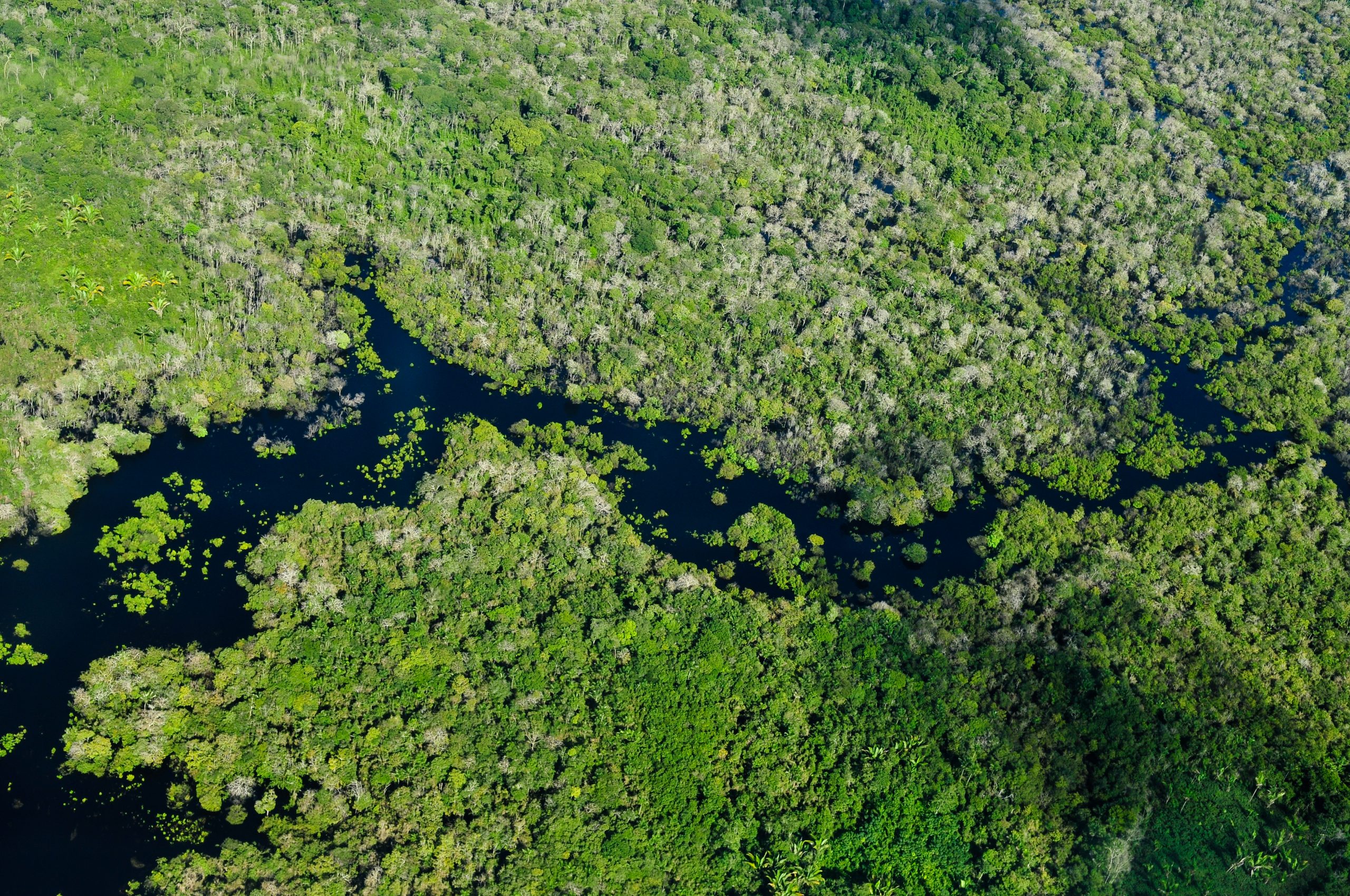
Engage with government counterparts through development and implementation of an L/JI to ensure that policy makers know and care about the initiative’s progress, see the value of company participation, and are motivated to apply emerging lessons to develop ongoing policy.
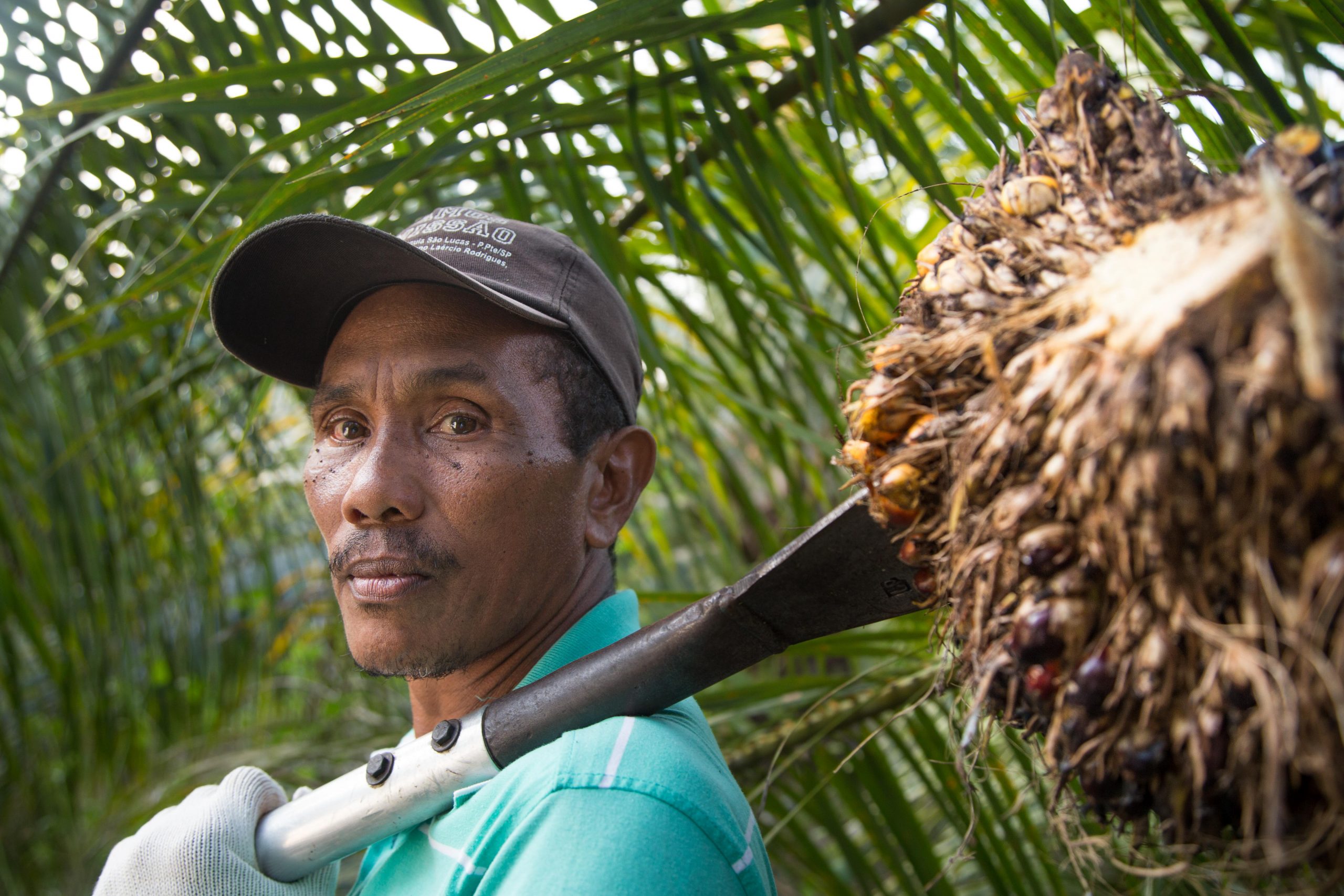
The timing and targeting of policy development will vary: some policies may need to change for an L/JI to get underway (for example, authorization for a government agency to participate in an initiative). Other needed changes may become clear only after there is some experience implementing an L/JI (for example, clarification of community forestry regulations). Engaging policy makers should be an iterative process. That’s why companies should offer themselves to policy makers as longer-term partners in the work of the initiative.
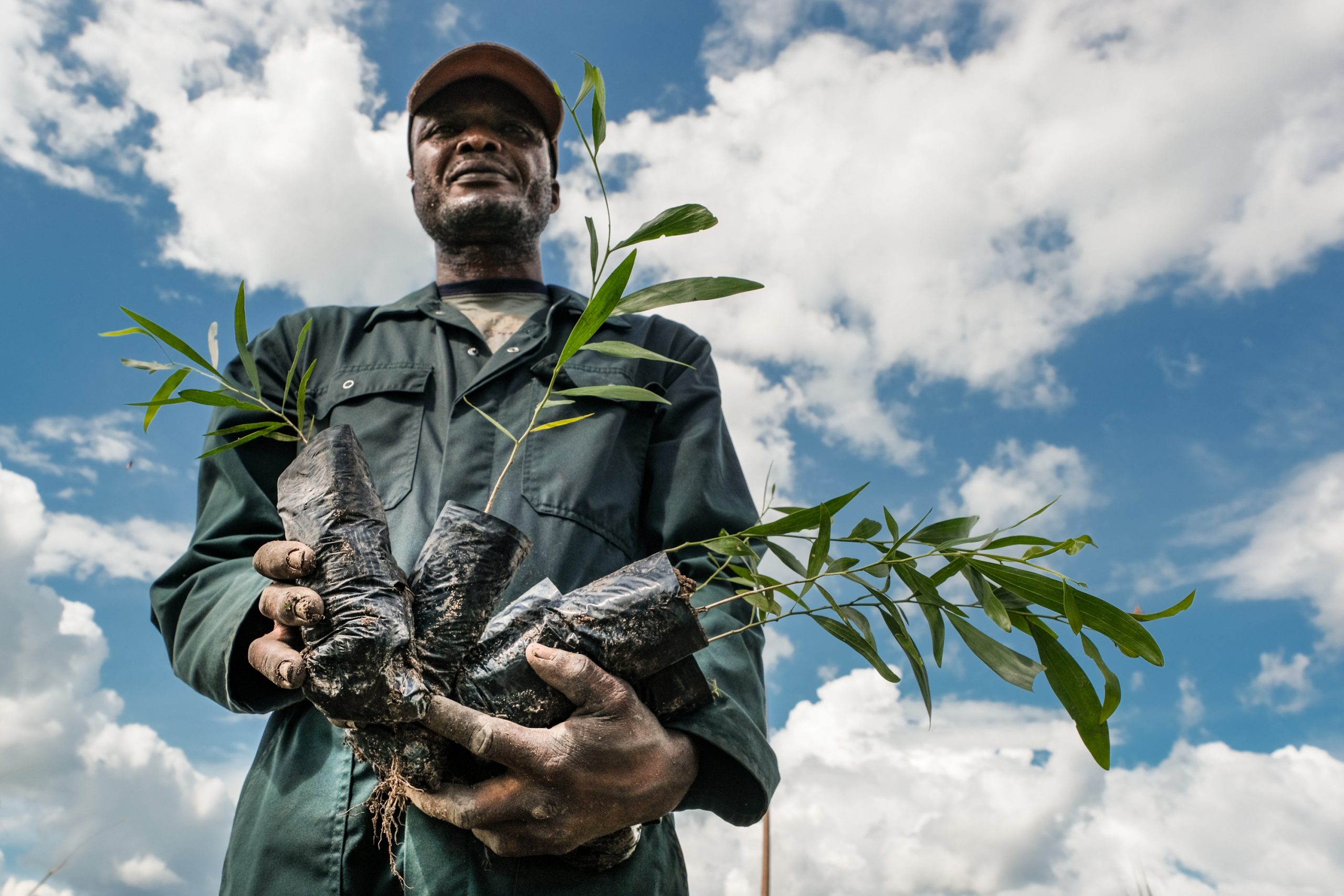
Getting governments to implement policy or enforce regulations may require companies to engage with agencies at both national and sub-national levels. Companies can call officials’ attention to issues with implementation and seek creative solutions with other stakeholders.
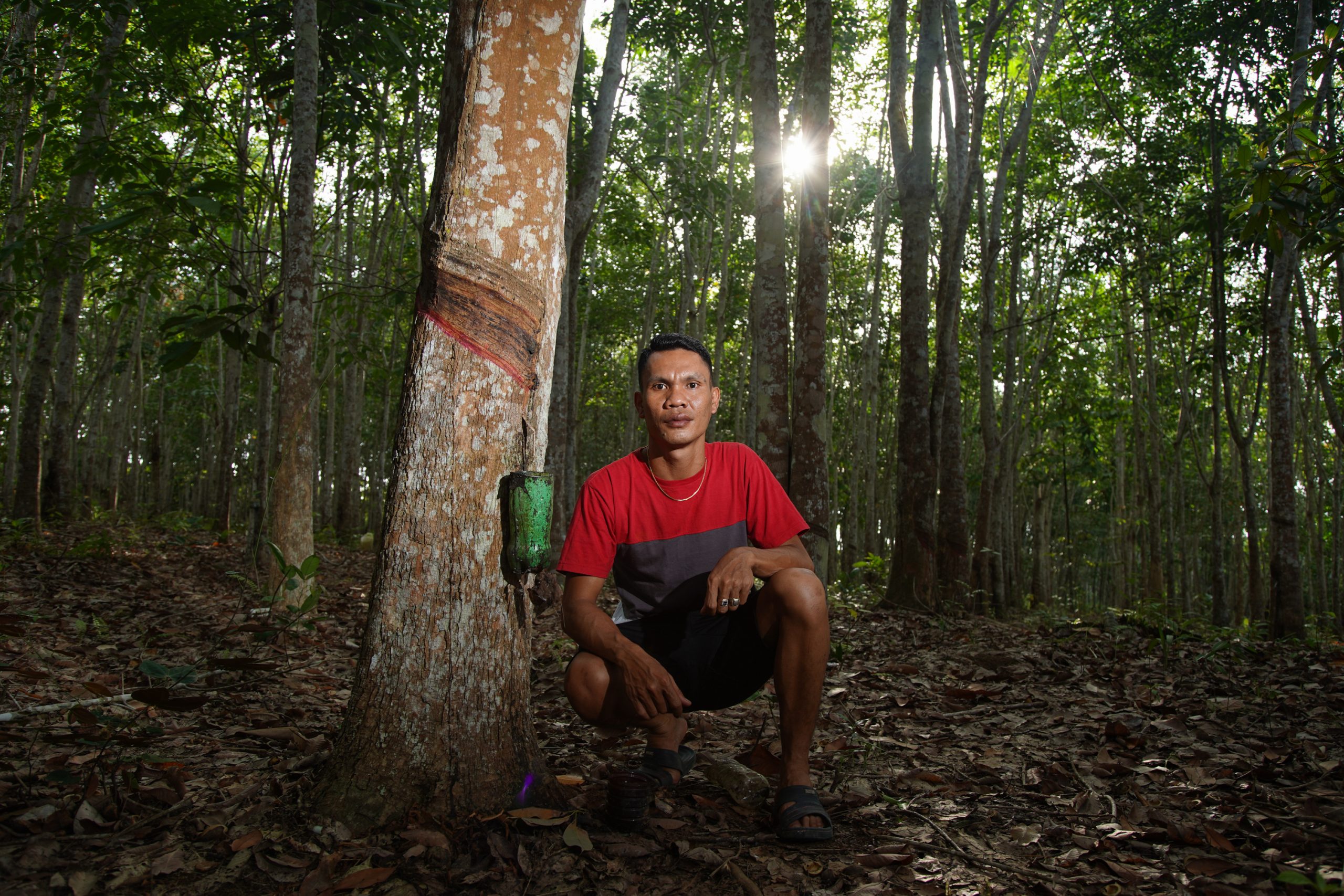
Promoting investment and supply chain linkage opportunities, as LTKL has done in Indonesia, can open new avenues and incentives for local, national, and international business partners to invest in sustainable production and protection. Companies with national and global reach can support investment plans, identify and recruit investors, and choose to co-invest in new ventures that add value for their supply chains.

To avoid the perception of influencing public officials to back private interests, companies should engage with government in open platforms alongside other L/JI stakeholders.
They should also clarify when they are speaking on behalf of the initiative and when they are lobbying for their own interests.
External conditions that improve likelihood of success
- Government has an interest in L/JIs to meet its policy and political goals
- The background policy environment enables policy makers to leverage multi-stakeholder approaches for land use planning and economic development programs
- There are mechanisms for involving government agencies in the L/JI, and for consulting them during the initiative as policy issues arise
- Joint learning opportunities focus on how government policy and its implementation have been affecting the initiative
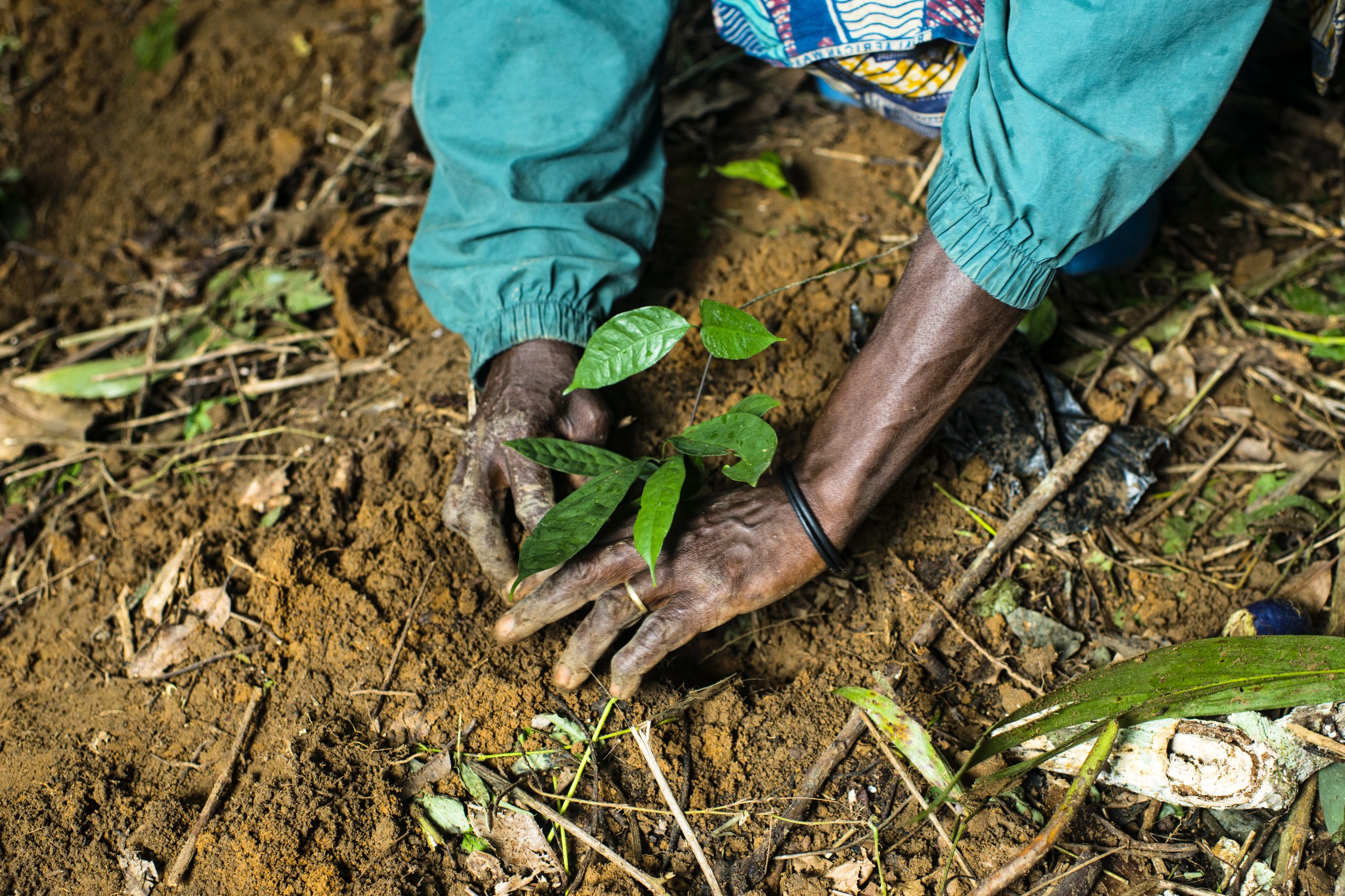
The business case for this intervention
- Companies help L/JIs succeed by ensuring that government policies and implementation mechanisms are well-aligned with the initiative’s goals
- By engaging effectively with government on policy issues confronting a landscape/jurisdiction, a company gains credibility and demonstrates its commitment both to national development and commercial objectives
- Advocating for policy change jointly with NGOs and community representatives can boost company credibility and relationships with these stakeholders
- By helping jurisdictional governments attract new investors and sustainable businesses, companies can reduce pressure on forests, add value in their own supply chains, and expand and diversify the business and investment partners supporting the initiative
